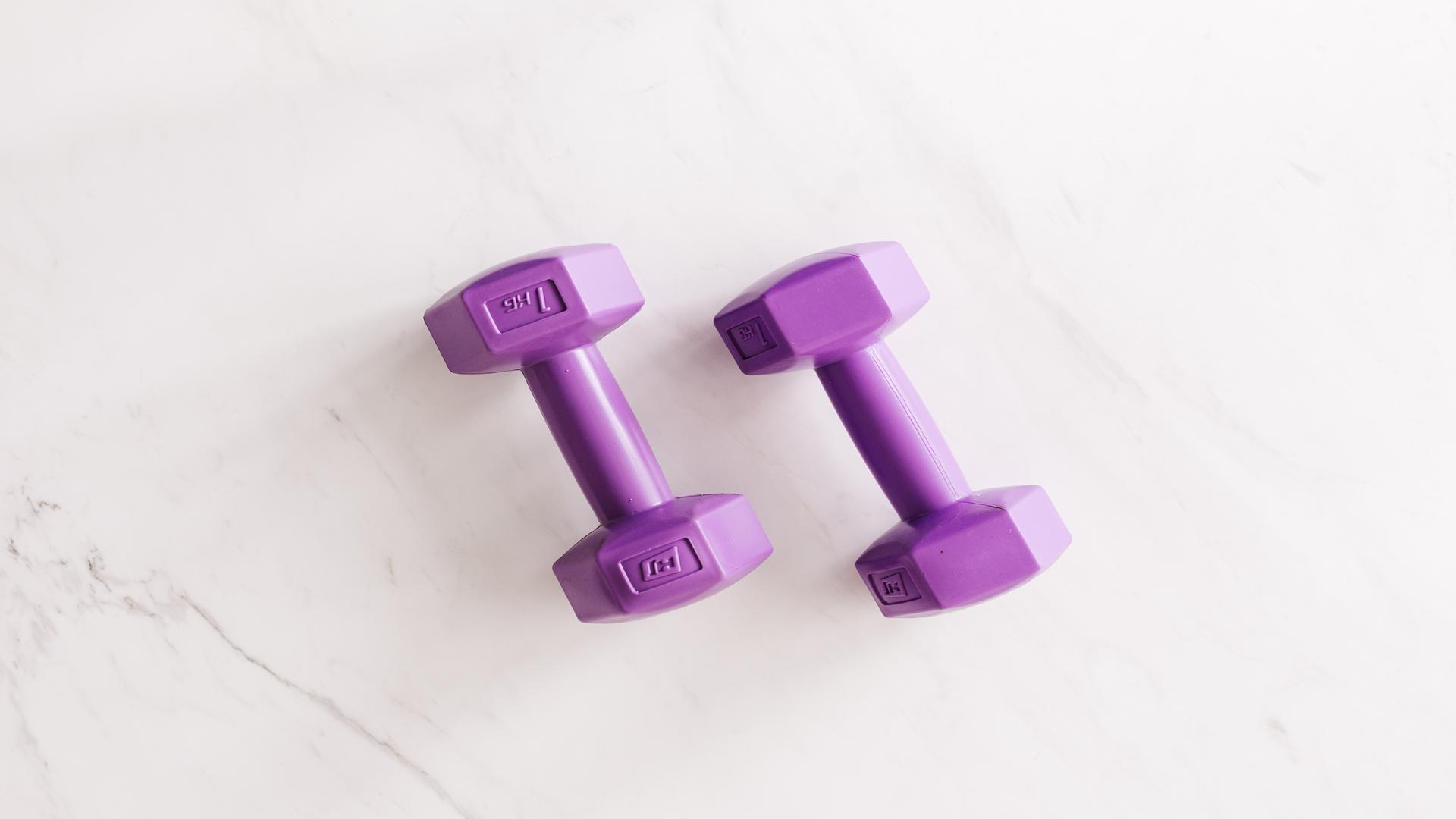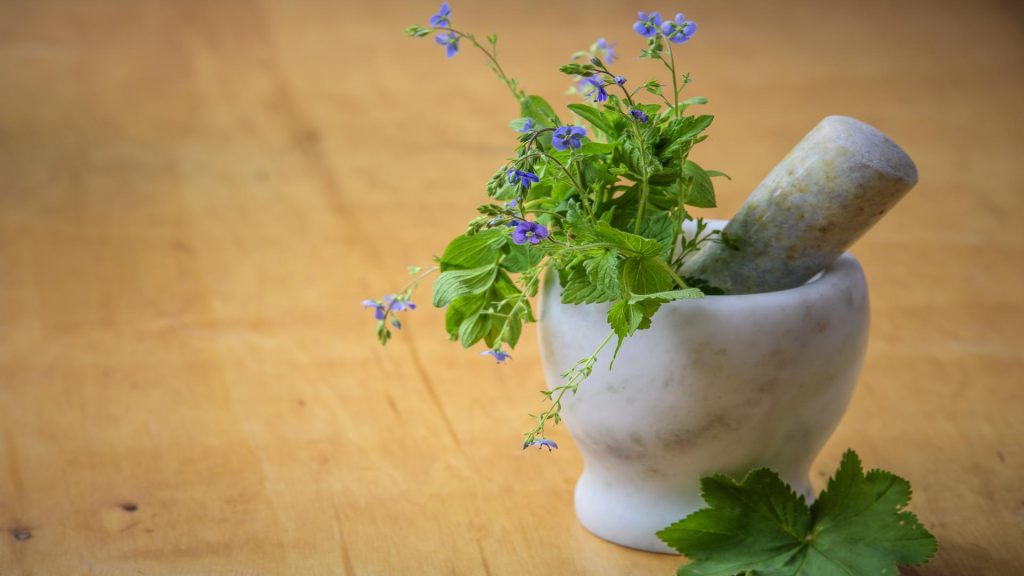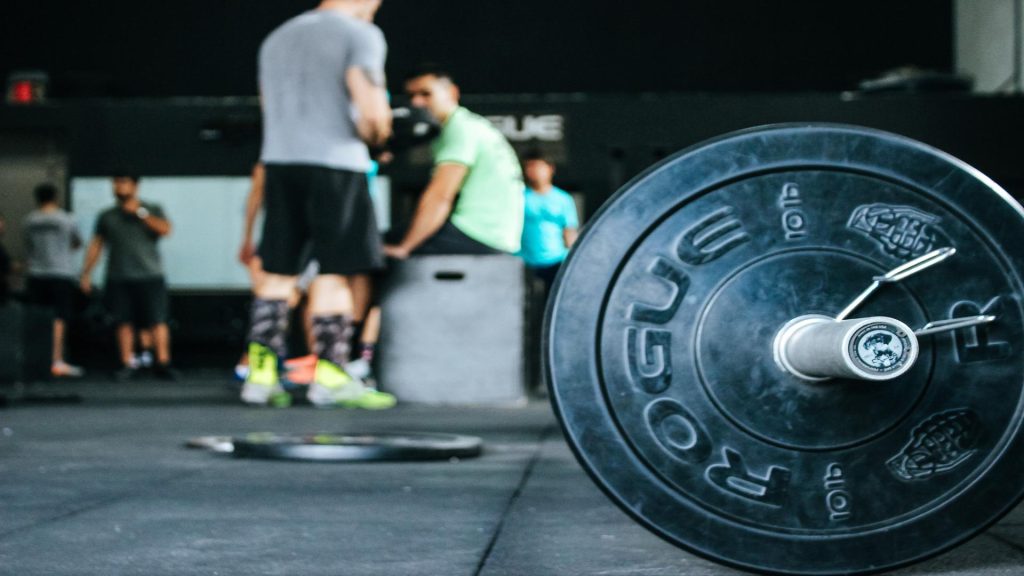
Hydration Benefits: Keeping Your Body Quenched for Optimal Health
Introduction: The Importance of Hydration
H1: Understanding the Basics of Hydration
H2: What is Hydration?
H2: The Role of Water in the Body
H2: Why Does the Body Need Hydration?
H1: The Physical Benefits of Staying Hydrated
H2: Improved Physical Performance
H2: Regulation of Body Temperature
H2: Enhanced Digestion and Nutrient Absorption
H2: Healthy Skin and Youthful Appearance
H1: The Mental and Emotional Benefits of Staying Hydrated
H2: Increased Cognitive Function
H2: Improved Mood and Emotional Well-being
H2: Reduced Stress and Anxiety
H1: How to Stay Hydrated: Tips and Tricks
H2: Monitoring Your Water Intake
H2: Hydration Beyond Water: Other Beverages and Food Sources
H2: Proper Hydration During Exercise and Sports Activities
H2: Hydration Strategies for Different Ages and Health Conditions
H1: Frequently Asked Questions about Hydration
H2: Is It Possible to Drink Too Much Water?
H2: Can I Replace Water with Other Beverages?
H2: How Do I Know if I'm Dehydrated?
H2: Does Coffee or Tea Count Towards Hydration?
H2: Are Sports Drinks a Good Alternative for Hydration?
Hydration Benefits: Keeping Your Body Quenched for Optimal Health
Hydration is one of the most crucial aspects of maintaining a healthy body. It refers to the process of replenishing the body with water and maintaining an optimal fluid balance. In this article, we will explore the various benefits of hydration and provide useful tips to ensure you stay hydrated throughout the day.
Understanding the Basics of Hydration
What is Hydration?
Hydration is the process of supplying the body with fluids, particularly water, to maintain proper bodily functions. The human body is composed of around 60% water, highlighting the significance of hydration for overall health.
The Role of Water in the Body
Water plays a vital role in the body, from lubricating joints and regulating body temperature to aiding in digestion and transporting nutrients. It is involved in nearly every bodily function, making it essential for maintaining optimal health.
Why Does the Body Need Hydration?
The body constantly loses water through various mechanisms such as sweating, urination, and even breathing. Replenishing this lost water is crucial to prevent dehydration, which can lead to a range of health issues, including fatigue, dizziness, and even organ damage.
The Physical Benefits of Staying Hydrated
Improved Physical Performance
Staying hydrated is essential for optimal physical performance. Water helps to lubricate the joints, regulate body temperature, and transport oxygen and nutrients to muscles, improving endurance and preventing muscle cramps.
Regulation of Body Temperature
Water acts as a coolant for the body. It helps regulate body temperature by enabling sweat evaporation, which cools the skin and prevents overheating during physical exertion or exposure to high temperatures.
Enhanced Digestion and Nutrient Absorption
Proper hydration aids in digestion by ensuring the smooth movement of food through the digestive tract. It also helps in the absorption of nutrients, allowing the body to make the most of the food we consume.
Healthy Skin and Youthful Appearance
Hydration is crucial for maintaining healthy skin. Sufficient water intake helps keep the skin moisturized, improves elasticity, and promotes a youthful appearance. It also aids in the detoxification process, contributing to clearer and more radiant skin.
The Mental and Emotional Benefits of Staying Hydrated
Increased Cognitive Function
Staying hydrated is beneficial for cognitive function. Research suggests that even mild dehydration can negatively impact cognitive performance, including memory, attention, and decision-making abilities.
Improved Mood and Emotional Well-being
Dehydration can affect mood and emotional well-being. Studies have shown that even mild dehydration can lead to increased feelings of fatigue, tension, and anxiety. Proper hydration helps maintain a stable mood and promotes emotional well-being.
Reduced Stress and Anxiety
Adequate hydration has been linked to a reduction in stress and anxiety levels. Water intake can help alleviate stress by improving hormonal balance, enhancing brain function, and promoting relaxation.
How to Stay Hydrated: Tips and Tricks
Monitoring Your Water Intake
It is essential to monitor your water intake throughout the day. Aim to drink at least eight glasses of water, or around 2 liters, to ensure adequate hydration. Pay attention to your body's signals and increase your water intake during strenuous physical activities or hot weather.
Hydration Beyond Water: Other Beverages and Food Sources
While water is a primary source of hydration, other beverages and food sources can contribute to your overall fluid intake. Fruits and vegetables with high water content, such as watermelon and cucumbers, can be an excellent addition to your hydration arsenal.
Proper Hydration During Exercise and Sports Activities
During exercise or engaging in sports activities, it is crucial to stay hydrated to prevent dehydration and optimize performance. Drink water before, during, and after physical activity, and consider electrolyte-rich sports drinks for longer, intense workouts.
Hydration Strategies for Different Ages and Health Conditions
Hydration needs vary depending on age and health conditions. Children, older adults, pregnant women, and individuals with certain medical conditions may have specific hydration requirements. Consult with a healthcare professional to determine the appropriate hydration strategies for your specific situation.
Frequently Asked Questions about Hydration
Is It Possible to Drink Too Much Water?
While sufficient hydration is essential, it is also possible to drink too much water, leading to a condition called water intoxication. This can disrupt the body's electrolyte balance, causing symptoms such as nausea, headache, and in severe cases, even seizures. It is crucial to maintain a balanced water intake.
Can I Replace Water with Other Beverages?
While water is the primary source of hydration, other beverages like herbal tea, fruit-infused water, and low-sugar sports drinks can contribute to your overall fluid intake. However, it is essential to moderate consumption of beverages with high caffeine or sugar content.
How Do I Know if I'm Dehydrated?
Signs of dehydration include thirst, dry mouth, dark yellow urine, fatigue, dizziness, and headache. Monitoring the color and frequency of your urine can provide valuable insights into your hydration status. Clear or pale yellow urine is an excellent indication of proper hydration.
Does Coffee or Tea Count Towards Hydration?
Coffee and tea have mild diuretic properties, meaning they can increase urine production. However, they can still contribute to overall fluid intake. While they may not hydrate as effectively as plain water, they can still count towards your daily fluid goals.
Are Sports Drinks a Good Alternative for Hydration?
Sports drinks can be beneficial for replenishing electrolytes and providing energy during intense physical activity or endurance sports. However, for most individuals engaging in regular physical activities, water is sufficient to maintain hydration levels.
� Hydration Benefits: Keeping Your Body Quenched for Optimal Health
� HEALTH
� HYDRATION
� Discover the numerous benefits of hydration and learn how to stay properly hydrated for optimal health.
Thank you for reading. For more insights, visit our #healthzone#3.com/blog">BLOG. We appreciate your support!



